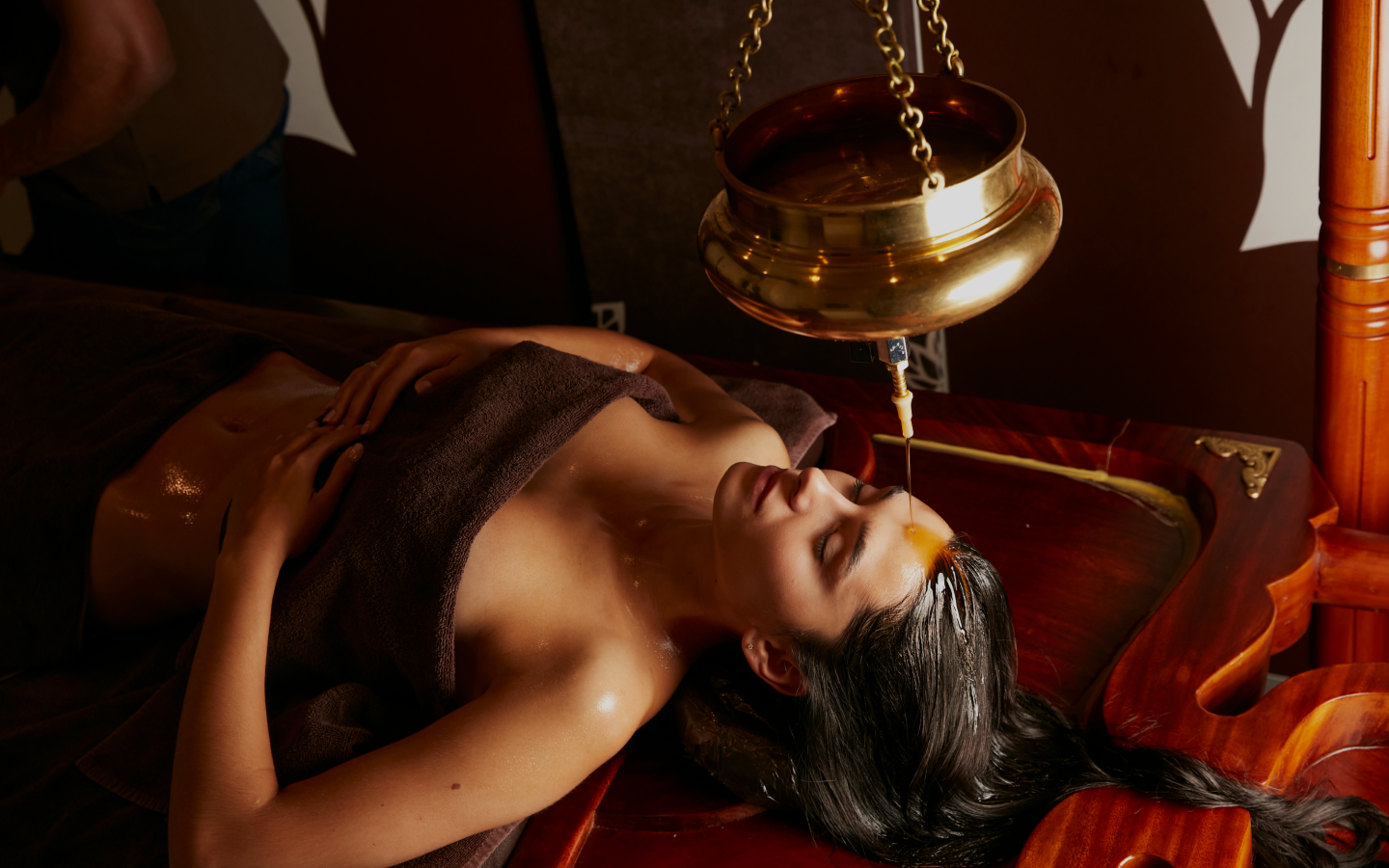

The philosophy of Ayurveda is aimed at identifying the symptoms of the disease, realizing their negative impact on the body, correcting nutrition and lifestyle, maintaining a high level of physical and mental health. In Ayurveda, health is always a balance, unity and harmony of physiology, psychology and emotions.
According to Ayurveda experts, all diseases first appear at the level of consciousness. Negative emotions go to the levels of subtle energy, causing an imbalance, which leads to disruption of organs and systems, and subsequently, to various diseases. Ayurveda also attaches great importance to hygiene, proper nutrition, daily routine, physical and mental well-being.
Modern medicine recognizes the value of this ancient theory. More and more clinics specializing in the principles of Ayurveda health are opening all over the world. Since 1985, Ayurveda has been recognized by the World Health Organization at the United Nations as the most effective system of alternative medicine in the world.

Ayurveda says that a person consists of five elements: air, water, earth, fire and ether. These basic elements form the doshas (human constitutions): Vata, Pitta and Kapha.
Each person has a unique combination of doshas, their combination determines his physical and emotional characteristics. When they are in balance, a person is healthy, but if there is disharmony between the doshas, this leads to the development of diseases.
Vata (air) is a vital force and controls all motor processes at the microcellular and macroscopic level — from the blinking of your eyelids to the movements of your muscles. This form of energy is also responsible for blood circulation, respiration and the nervous system. People with such a constitution suffer from nervous disorders, insomnia, skin diseases, constipation, back pain and arthritis.
Pitta (fire) is closely related to intelligence, emotions and digestion of food. It controls nutrition and metabolism, body temperature. Out of balance, these people suffer from insomnia. The skin of people with a Pitta constitution is prone to irritation, rashes, inflammation, allergic reactions due to impaired immunity and digestion.
Kapha (water) is responsible for the construction of the tissues of the physical body, adaptation and stability of the body. It is associated with the functioning of the mucous membranes and the cardiovascular system, so people with such a constitution are most often susceptible to obesity, endocrinological disorders, metabolic disorders, hypertension.

Prakriti is the Ayurvedic constitution of a person, which is given at the moment of birth. This unique ratio of doshas does not change during life. And vikriti is a temporary state that continuously changes depending on the influence of external conditions on the human body.
Ideally, all three doshas should be in balance and be as close as possible to the original prakriti, but due to the impact of various negative factors, including lifestyle and nutrition, the doshas constantly tend to get out of balance. Therefore, the key task of Ayurveda is to bring the doshas into a state of balance, to approach prakriti.
«We determine the guest’s constitution according to Ayurveda, including the type of Dosha, and draw up an individual wellness plan based on the results of Ayurvedic diagnostics and recommendations of the Mayr therapist»
Dr. Renjith Murugan,
Head of Ayurveda at MAYRVEDA

«We determine the guest’s constitution according to Ayurveda, including the type of Dosha, and draw up an individual wellness plan based on the results of Ayurvedic diagnostics and recommendations of the Mayr therapist»
Dr. Renjith Murugan,
Head of Ayurveda at MAYRVEDA

The direction of Ayurveda at the MediSpa hotel is supervised by Renjith Murugan, Doctor of Ayurveda, Bachelor of Ayurvedic Medicine and Surgery, Kerala state in India.
In MAYRVEDA Kislovodsk, an Ayurveda specialist, after consultation and pulse diagnostics, manually determines the type of dosha of the guest, and the balance of dosha is analyzed on the innovative VedaPulse device. Based on the results, our Ayurvedic specialists recommend procedures that will help balance the doshas. In MAYRVEDA MediSpa are available:
The therapy is selected individually, depending on the type of constitution and the imbalance of the client's dosha. In addition, according to the results of pulse diagnostics, an individual menu is formed.
From the Ayurvedic point of view, food is medicine, it is absorbed only if it is taken correctly. Different foods, the way they are prepared and combinations affect the dosha in different ways. The choice of dishes also depends on the prescribed Ayurvedic procedures and medications.
In the haute cuisine restaurant , each of the dishes on the menu takes into account which of the doshas it enhances. We will teach you what when, how and how much to eat. You will be able to integrate the principles of Ayurvedic nutrition into your individual diet.
